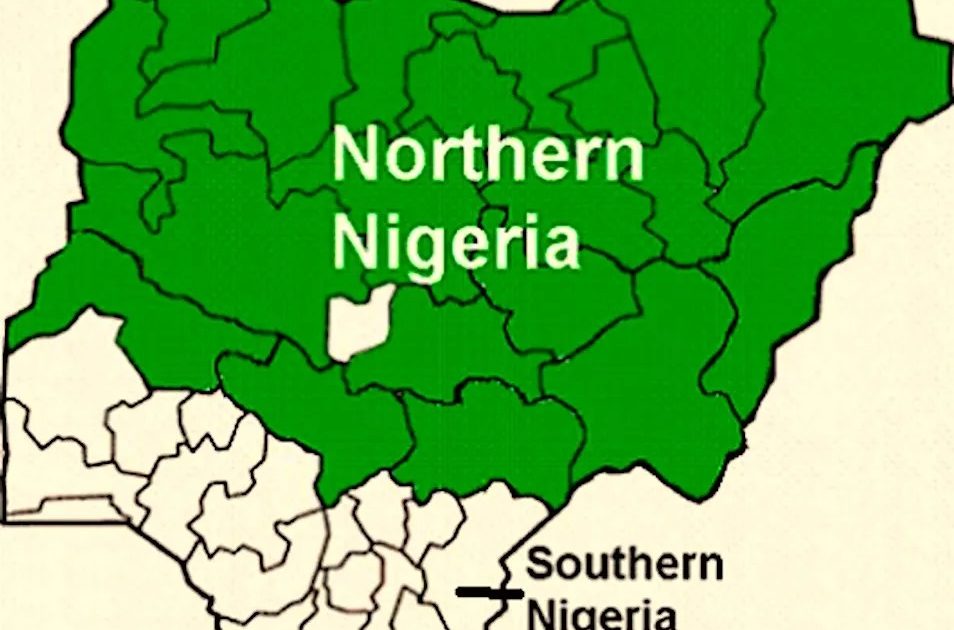African governments, including Nigeria, must sharpen project execution to counter a $555 million cut in US contributions to the African Development Fund, the Project Management Institute’s managing director for Sub-Saharan Africa, George Asamani, said.
The reduction, part of a broader contraction in global aid, threatens to disrupt critical infrastructure projects across the continent, from roads and bridges to energy and water systems.
The ADF, a concessional lending arm of the African Development Bank, supports low-income African countries with grants and low-interest loans. The US, a major donor, announced the cut as part of its 2025 budget adjustments, citing domestic fiscal priorities.
This follows a trend of declining global aid, with the Organisation for Economic Co-operation and Development reporting a 2.7 per cent drop in official development assistance to Africa, squeezing budgets already strained by rising debt and post-pandemic recovery costs.
“Enhancing project delivery efficiency is vital for African countries to achieve sustainable development amidst shrinking aid, Asamani said in a note shared with The PUNCH on Tuesday.
Projects in African nations are often embroiled in inefficiencies, such as cost overruns and delays, resulting in approximately 10 per cent of investment losses, a conundrum that could be mitigated through professional project management practices.
“In Africa, where public debt levels are already placing pressure on national budgets, enhancing project execution is essential to ensure that infrastructure investments deliver their intended outcomes without increasing national debt,” he explained.
Institutional constraints, limited technical capacity, and high staff turnover are significant barriers to effective project delivery in Nigeria’s public sector. Addressing these challenges requires coordinated reforms, capacity-building investments, and a sustained commitment to professionalisation and good governance.
The PMI chief urged continued investment in skills development and embedding qualified project professionals within government ministries can strengthen delivery capability and improve project outcomes.
He noted that better project execution builds public trust, boosts investor confidence, and creates jobs, which are key to driving growth and resilience amid rising youth populations and job demands.
Asamani asserted that Africa must view project management capability as a strategic economic asset.
“By prioritising execution excellence, governments can navigate the challenges posed by reduced aid and ensure that infrastructure investments contribute to sustainable development and economic prosperity,” he added.















